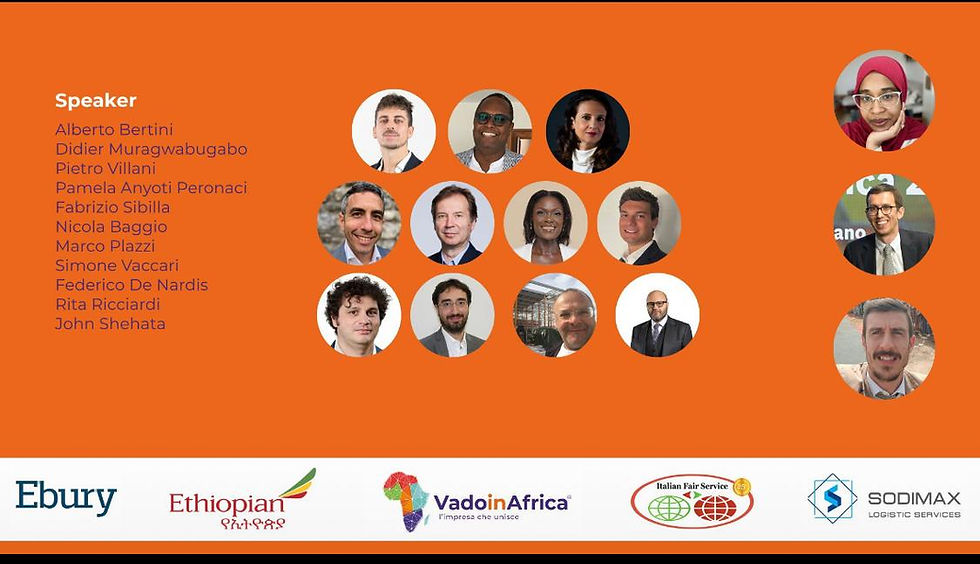POLITICAL INVOLVEMENT IN NATIONAL SPORTS FEDERATIONS: THE CASE OF THE ALL INDIA FOOTBALL FEDERATION
- Bergs&More

- Sep 29, 2023
- 3 min read

On 02.09.2022 the All India Football Federation (“AIFF”) elected Mr. Kaylan Chaubey as its new President.
Mr. Chaubey was elected by the AIFF’s Electoral College comprising representatives of the 34 State Associations following a turbulent period for football in India. Indeed, the AIFF General Elections were held upon order of the Honorable Supreme Court of India (the “Supreme Court”), and only a few days earlier the AIFF’s FIFA membership status and related benefits under article 13 of the FIFA Statutes (the “Statutes”) were still suspended in accordance with article 16 of the Statutes, thus severely endangering the FIFA U-17 Women’s World Cup 2022, scheduled to take place in India between 11 and 30.10.2022.
Everything started when, on 18.05.2022, the Supreme Court relieved Praful Patel, former AIFF president from 2009 until 2022, and his executive committee from their duties due to their failure to call for new elections in due time despite not being eligible for re-election after three consecutive terms of four years in office. In their place, the Supreme Court appointed a Committee of Administrators (“CoA”) with the specific mandate to oversee the “day to day governance” of the AIFF, to adapt the AIFF’s regulations to the Indian National Sports Code and to make all preparations for the necessary elections as quickly as possible.
This however led to FIFA stepping in due to its long-standing policy against “political interference” by national governments in football “due to undue influence from third parties, which constitutes a serious violation of the FIFA Statutes”.
Indeed, article 15 let. c of the Statutes provides that “Member associations’ statutes must comply with the principles of good governance (…) to be independent and avoid any form of political interference”, while article 19 of the Statutes (aptly named “Independence of member associations and their bodies”) states as follows:
1. Each member association shall manage its affairs independently and without undue influence from third parties.
A member association’s bodies shall be either elected or appointed in that association. A member association’s statutes shall provide for a democratic procedure that guarantees the complete independence of the election or appointment.
Any member association’s bodies that have not been elected or appointed in compliance with the provisions of par. 2, even on an interim basis, shall not be recognised by FIFA.
Decisions passed by bodies that have not been elected or appointed in compliance with par. 2 shall not be recognised by FIFA.
Specifically, article 19 of the Statutes refers among others to a situation in which a member association of FIFA fails to remain independent, is co-opted and/or no longer has control over its own organisation.
Therefore, with FIFA Circular no. 1807 the Bureau of the FIFA Council consequently suspended the AIFF as from 14.08.2022 and until further notice.[1]
As stated by FIFA in its official press release on the matter “The suspension will be lifted once an order to set up a committee of administrators to assume the power of the AIFF Executive Committee has been repealed and the AIFF administrators regains full control of the AIFF’S daily affairs.”[2]
Consequently, on 22.08.2022, the Supreme Court terminated the mandate of the CoA, transferring the responsibility of the AIFF’s daily affairs back to the Federation and ordering elections to be held in September. As a result, on 26.08.2022, FIFA lifted the suspension by means of FIFA Circular no. 1808.[3]
Coincidentally these events have occurred at a time when the same country’s National Olympic Committee, the Indian Olympic Association (“IOA”) also faces governance issues. Indeed, the IOA has been under scrutiny since December 2021, the month during which the elections of its executive bodies should have taken place but were instead postponed due to changes in the electoral procedure. National Olympic Committees are under an obligation to hold elections (every four years) deriving from the Olympic Charter and its byelaw to Rules 27 and 28.
While this postponement was at first tolerated by the International Olympic Committee (“IOC”), since IOA president Narinder Batra’s resignation on 25.05.2022, the IOC could no longer tolerate that the executive institutions of the IOA remain in such a situation of uncertainty. Therefore, in a letter sent on 08.09.2022 by the IOC Executive Board, the IOA was given a deadline expiring in December 2022 to hold new elections for its governing bodies. If this deadline should not be met, the IOA shall be immediately suspended from the Olympic Movement, which would mean that Indian athletes could be denied participation to the Olympic Games and the IOA would no longer receive any financial support from the IOC.
In conclusion, the summer of 2022 was a turbulent time for Indian sports governing bodies. However, the events have ultimately taken a positive turn for the AIFF due to decisive action by both FIFA and the Supreme Court, and it is to be hoped that the IOA will use the time still available to it to do the same.
[1]https://digitalhub.fifa.com/m/7d66d5a750d8037d/original/Circular-No-1807-Suspension-of-the-All-India-Football-Federation-AIFF-_EN.pdf
[2] https://www.fifa.com/about-fifa/associations/media-releases/fifa-suspends-all-india-football-federation
[3] https://digitalhub.fifa.com/m/4e71ec32d8d525d7/original/Circular-No-1808-Lifting-of-the-suspension-of-the-All-India-Football-Federation-AIFF-_EN.pdf


